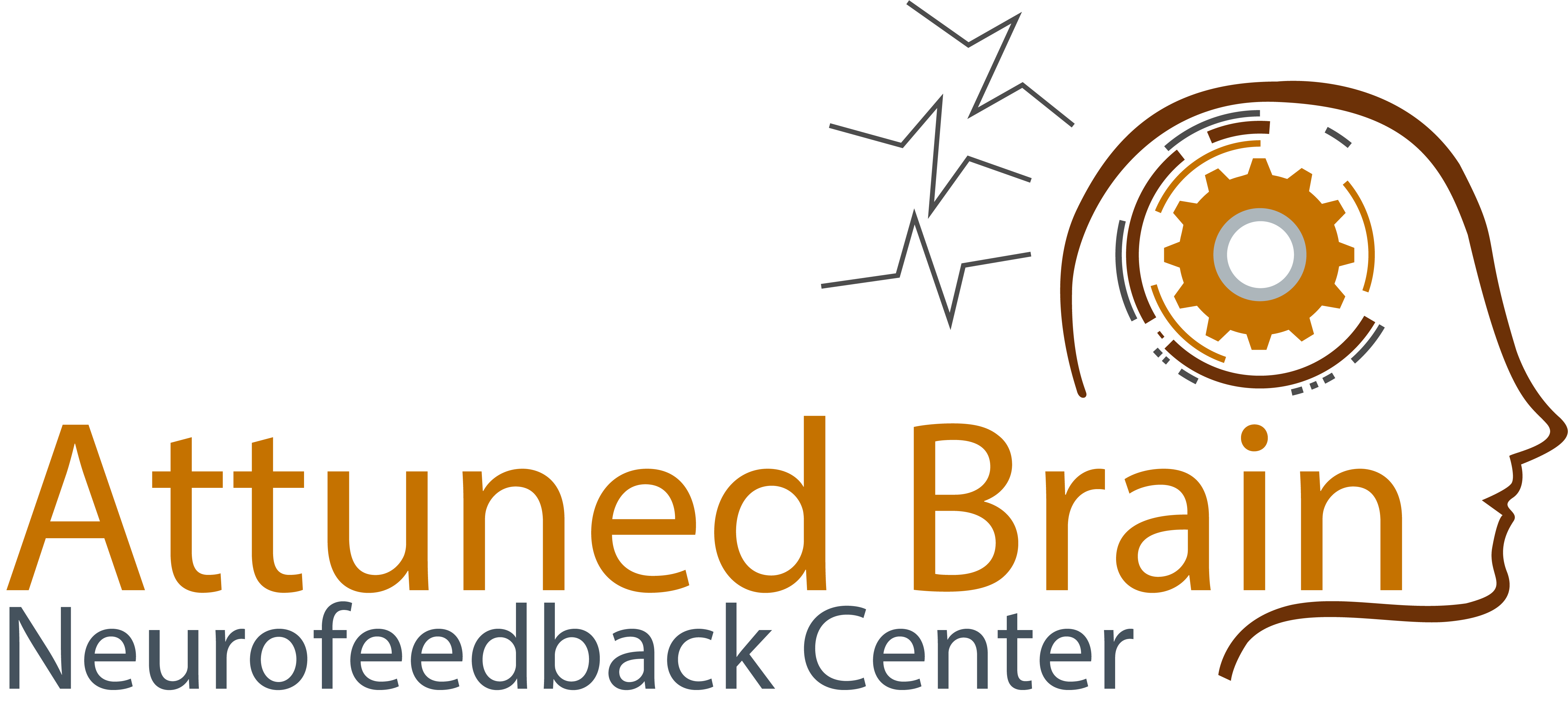Discover how neurofeedback can help students improve focus and reduce anxiety through non-invasive brain training supported by research.
Neurofeedback, a science-backed brain training technique, is gaining popularity among families and schools for its ability to support students with attention and anxiety challenges. This non-invasive therapy uses real-time monitoring of brainwave activity to train the brain to self-regulate and optimize cognitive function.
According to research published in Clinical EEG and Neuroscience, neurofeedback has been shown to improve executive functioning, attention, and emotional regulation in children. Through repetitive training, students learn to shift from dysregulated to more balanced brainwave patterns. These changes lead to improvements in classroom behavior, emotional resilience, and academic performance.
During a typical neurofeedback session, a child wears sensors on their scalp that monitor brainwave activity while engaging in visual or auditory feedback exercises. Over time, this process teaches the brain how to maintain a calm and focused state, even under stress.
Parents often report that children become more confident, experience fewer distractions, and display improved coping strategies. As the brain becomes more efficient, benefits such as reduced anxiety, enhanced concentration, and improved sleep can emerge.

Interested in helping your child thrive in school? Schedule a free consultation to learn how neurofeedback can make a difference.



